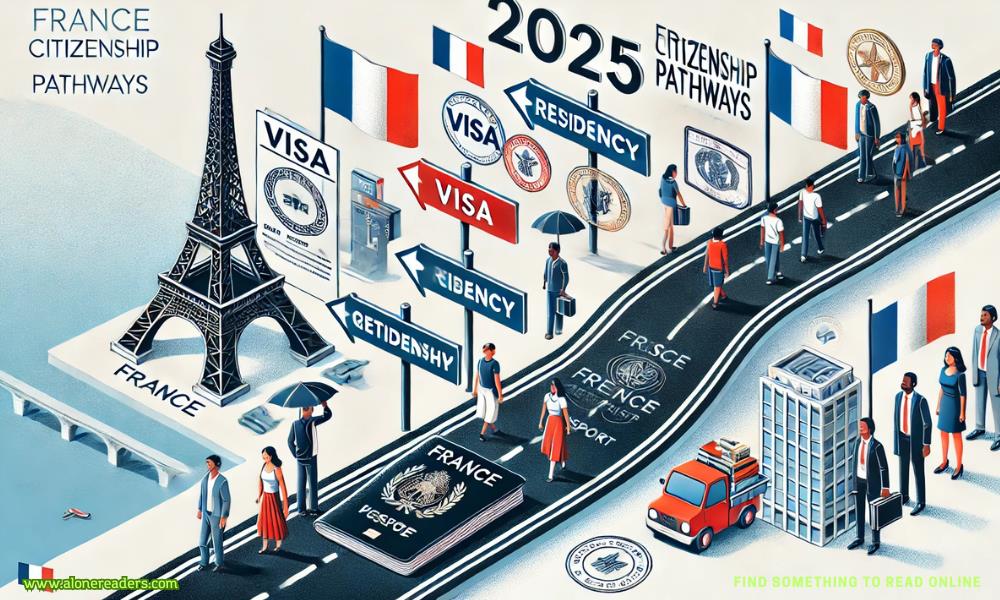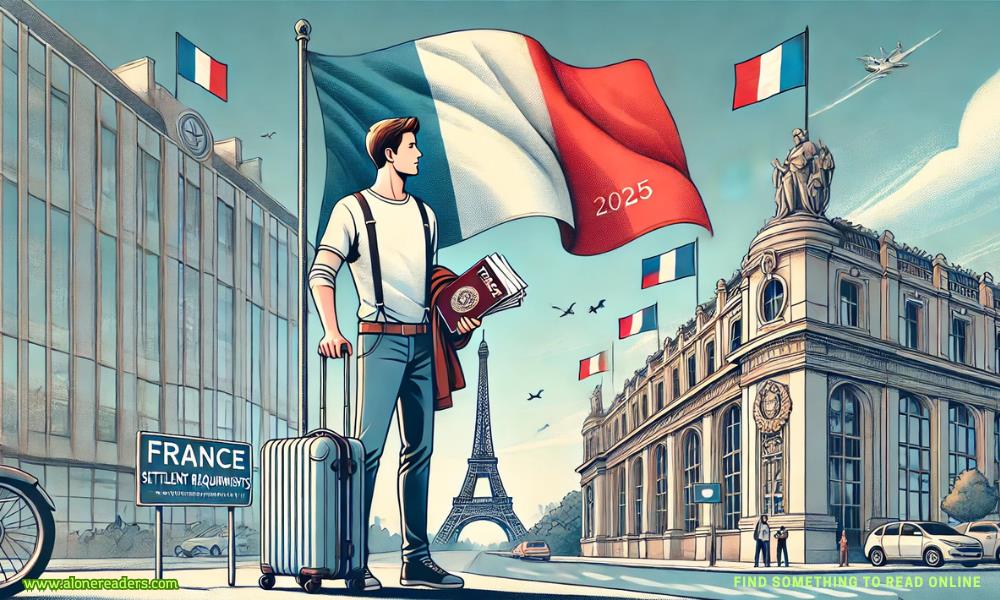Page 111 of Holmes, Margaret and Poe
In his gut, he could feel that was the number one priority — to go see Fiona. Make amends. Apologize and seek her forgiveness. Once he had that, Fiona’s forgiveness, Davis would do whatever it took to resolve his issues with alcohol for good. At that point, his sobriety would become the priority for the rest of his life.
But right now, it’s Fiona and how much I let her down.
Captain pulled out his phone, and for the first time in four days, he turned it on.
Almost immediately, it started dinging with text messages and e-mails marked urgent. Davis ignored them, feeling shivery as he called up the Uber app.
He typed in Fiona Plum’s address in Alexandria and hit Enter. Two minutes later, a black Nissan Sentra pulled up.
“You Marion Davis?” the young man driving said.
“That’s me,” Davis said and he climbed in the back.
“Traffic’s going to be bad with the rain. And they’re saying maybe snow tonight.”
“I believe it. Hey, can you turn up the heat? I’ve got a little chill.”
“You got it.”
By the time they reached the Fourteenth Street Bridge, Captain felt like he was drying out in more ways than one. He started going through his messages and frowned. There were at least ten from Fiona. The first ones were asking where he was and saying she was worried about him. But the last three or four were begging him to surrender to the FBI.
What the hell was going on? He’d been released from federal custody the day before he checked himself anonymously into the detox unit at GW Medical Center.
Several texts were from his attorney, also advising him to turn himself in.
Davis now felt as upside down as when he’d been entering detox.
Someone’s framing me. I’m positive. Or is it just paranoia? Yeah, well, it’s not paranoia if someone’s really out to get you, is it?
Soon after passing Reagan National Airport and exiting the GW Parkway, the Uber driver went by a liquor store. Davis suddenly wanted a drink. No, he desperately needed one.
Within seconds, the need became an obsession. He could almost taste the beer and chaser sliding down his throat, giving him relief, fortifying him, giving him the courage to face every one of his shortcomings and drown them in alcohol.
He almost told the driver to go back to that liquor store, but a voice inside him said that would be the end of whatever future there might be with Fiona Plum. He simply could not face her with booze on his breath.
Not a chance. She would smell it. No doubt.
Davis felt his heart race and noticed his hands were trembling. Not as much as they had been when he was going through full-blown withdrawal but bad enough to make him wonder if he had the emotional and physical strength to face Fiona in person.
And then it was simply too late. The driver turned onto her road. A moment later, her little Craftsman bungalow with the attached garage came into view.
A dark gray Sprinter van with the signage for a painting service was backed up to the mouth of the garage, which was lit up inside. Davis thanked the driver, got out, and noticed the wet paint sign on Fiona’s front door.
Steeling himself, he walked toward the house, listening to the drumming of the rain on the roof and the van as he walked up the side of it. The rear double doors were open, almost flush to the frame of the garage door.
He had to turn himself sideways to get past the frame and the van door. As he did, he saw a big, swarthy guy, shaved head, come out the door to the house. He was dressed in a paint-spattered coverall and carrying a paint can and a crescent wrench in hands covered in blue disposable gloves.
The painter smiled when he saw Davis as if he were half expecting him, or expecting someone, anyway. There was something oddly familiar about the guy, but Captain couldn’t place him. “Hey there,” Davis said.
“Hey there yourself,” the painter said in a Middle Eastern accent. He put down the paint can and came toward Davis, whose back was to the open van. “You’re Marion Davis, aren’t you?”
“I am.”
“It’s funny. That’s my name too.”
“Really?”
“True,” he said, smiling. “Coincidence, huh? Miss Plum could not believe it.”
- Just a Little Crush by Carly Phillips
- Mountain Mens' Curvy Obsession by Kai Lesy
- Gilded Whispers by Penelope Wylde
- Obsession & Oath by Sierra Voss
- Boulder's Weight by Elizabeth Knox
- Savage Bratva King by Vivy Skys
- Code Name: Dante by Heather Slade
- Hate Game by Ashlyn Mathews
- Good Girls Don't Kiss and Tell by Codi Gary
- Hell to Pay by Sadie Hunt
- To the Grave by Sadie Hunt
- Pay the Price by Sadie Hunt
- Gather the Storm by Sadie Hunt
- Kings & Carnage by Sadie Hunt
- Christmas Candy by Celia Aaron
- Her Professor's Valentine by Celia Aaron







